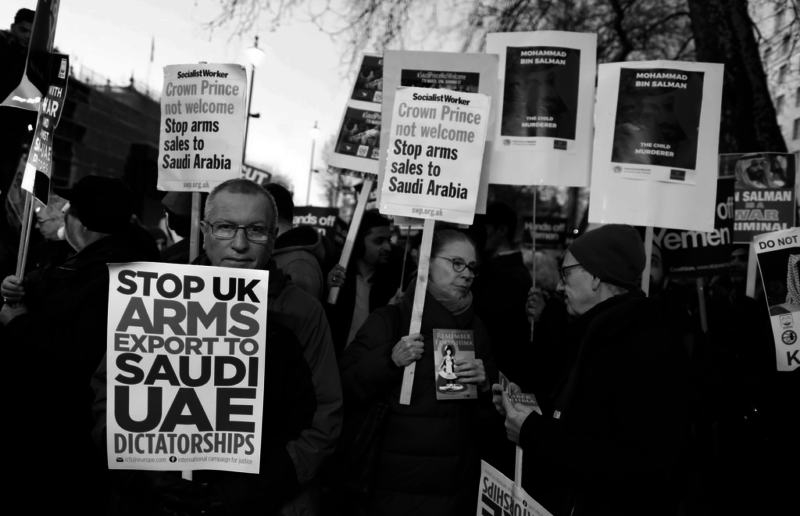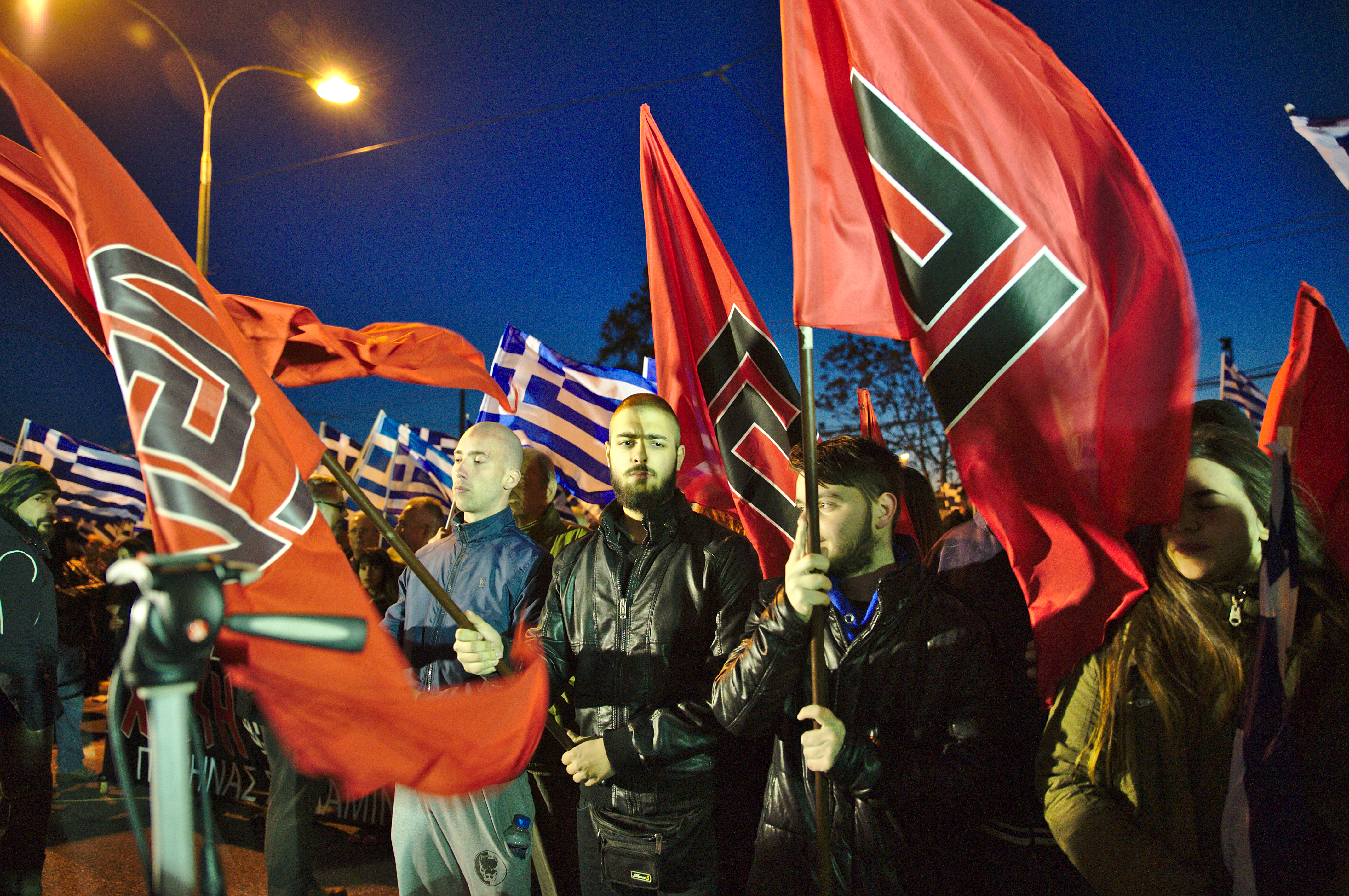Abstract: Yemen is currently one of the most fragile economies in the Middle East. It has been entrenched in a four-year conflict between the Iranian-backed Houthi rebels, and a Saudi-led coalition of Gulf states. The impact of the economic warfare on Yemeni citizens caught in the middle of the conflict has been drastic, with over thirteen million people facing famine. Western governments, such as the United States and the European Union have urged de-escalation to prevent further harm to Yemeni citizens. What are the possibilities for ending the conflict in Yemen?
Saudi Arabia and Iran in Yemen
The conflict in Yemen can be understood as a proxy war between Iran and a Saudi-led coalition in which Yemen is caught in the middle. Saudi Arabia and Iran have a longstanding rivalry, much of which has manifested in Yemen as a ‘Middle Eastern Cold War.’ Religious differences, coupled with political and ideological variations between Sunni-majority Saudi Arabia and Shia-majority Iran, have historically produced friction between the two countries. In the aftermath of the 1979 Iranian revolution, Riyadh formed the Gulf Cooperation Council (GCC), a political and economic alliance consisting of mostly Sunni majority nations: Saudi Arabia, the United Arab Emirates (UAE), Bahrain, Kuwait, Oman, and Qatar. The GCC has played a significant role in the crisis. The GCC, which was armed and supported by the U.S. and the U.K., has responded to the political turmoil in Yemen, and has come head to head with Tehran-backed Shia militias.
Since the 2015 Houthi insurgency in Yemen, during which rebels took control of Sana’a and ousted U.S.-backed President Hadi, the country has been engulfed in a civil war, and is currently in the midst of a humanitarian crisis. The Houthis are Zaydi Shiites who have come to occupy swaths of territory across Yemen, despite being the minority in the country. Since then, Saudi Arabia and its allies have conducted military interventions in Yemen to restore the previously elected government. In 2017, this conflict took a dramatic turn when Houthi rebels launched a missile towards Riyadh, which Saudi Arabia claimed could be interpreted as an ‘act of war’ from Iran.
Moreover, human rights agencies have accused the Saudi-led coalition of war crimes, such as bombing soft-targets, including clinics, schools and markets. All sides, however, have reportedly violated human rights and international law, such as through attacks on soft targets, torture and impeding imports of humanitarian aid to citizens. As a result of the conflict in Yemen, there have been over sixteen thousand civilian casualties, three million people have been forced to flee their homes, over two million children have been withheld from schools, and twenty-two million people have been left reliant on humanitarian aid.
Economic Warfare
Furthermore aerial and naval blockades, import restrictions on Yemen’s land and sea borders, and the suppression of civilian salaries of millions of civil servants have exaggerated the scale of the humanitarian crisis. These measures were inflicted in the hope of undercutting the Houthi supply chain. As a result of the conflict, infrastructure has been damaged, Yemen’s currency has weakened, and unemployment and the cost of living have soared. Moreover, in part due to the blockades and trade restrictions, humanitarian aid has become incredibly limited, and not nearly enough is able to reach the millions of civilians who increasingly face starvation. According to United Nations Office for the Commission of Humanitarian Affairs, if aid continues to be withheld from Yemeni citizens, it could result in the worst famine in a century, threatening the lives of nearly thirteen million civilians.
In light of the killing of Jamal Khashoggi, foreign policy experts have suggested allies reexamine the conflict in Yemen, and halt the supply of weapons to Saudi Arabia. Spain, Germany and Austria are among those who have halted weapons exports to Saudi Arabia. On the other hand, the United States has outlined support for a Khashoggi investigation, but also outlined that it will continue a $110bn USD arms sale to the Saudi Arabia. France and the U.K. too continue their arms sales to Saudi Arabia, despite push back from other European countries, including Germany. This reluctance to restrict arms sales to Saudi Arabia comes off the back of a report from Amnesty International which outlined that British-made bombs have been used on soft-targets in the Yemen conflict.
Ending the Yemen Conflict
Although EU and NATO member states have had mixed reactions toward the export of arms to to Saudi Arabia, states increasingly face opposition and civilian pressure to resolve the conflict in Yemen. In November 2018, both Washington and London called for peace talks. In November 2018 the CIA concluded that Saudi crown prince Mohammed bin Salman authorized the killing of journalist Jamal Khashoggi in October 2018. In light of these developments, foreign policy experts have suggested increasing U.S. pressure to bring an end to the Saudi-led campaign in Yemen. Accordingly, the White House has followed suit by ending air refueling flights for Saudi planes, and U.S. officials called for a ceasefire within the next 30 days. The conflict could result in a famine resulting in the deaths of millions of Yemenis which will only escalate tensions between regional powers.
Featured photo: Stop UK Arms Exports to Saudi Arabia (2018). By Alisdare Hickson via Flickr. CC 2.0.
Disclaimer: Any views or opinions expressed in articles are solely those of the authors and do not necessarily represent the views of the NATO Association of Canada.




